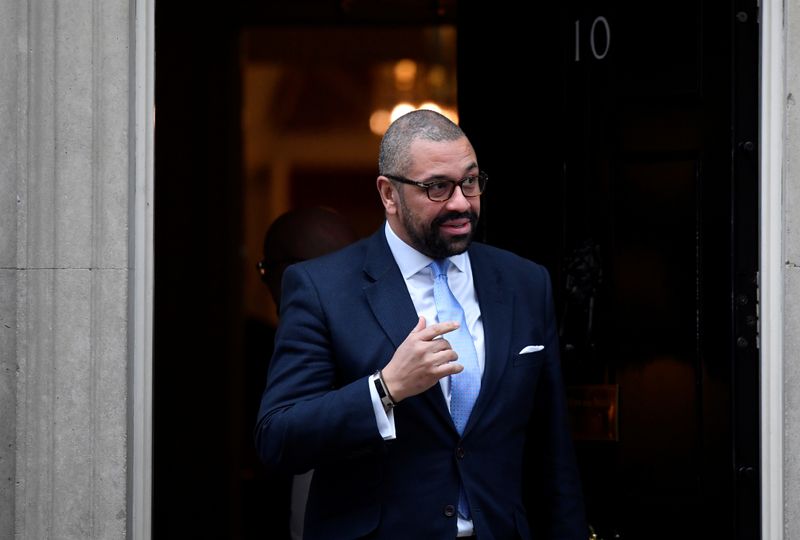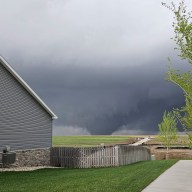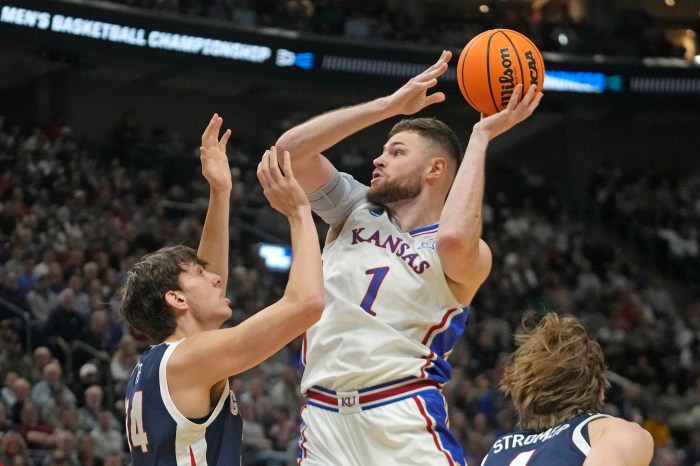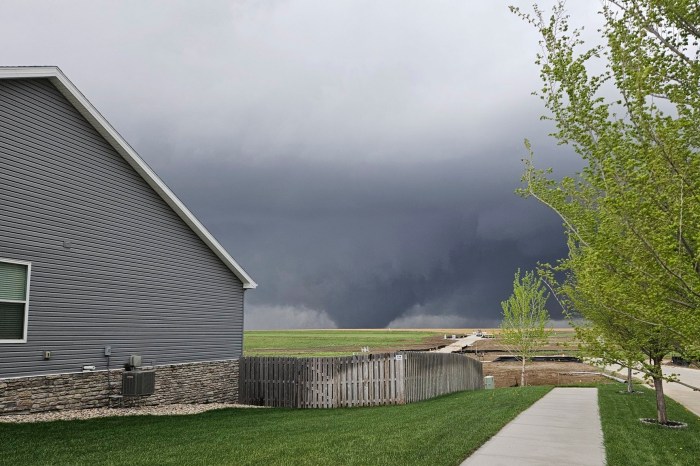LONDON (Reuters) – Millions of doses of a COVID-19 vaccine could be airlifted to Britain if ports are snarled up because Britain fails to agree a trade deal with the European Union when the Brexit transition period ends, a junior foreign office minister said on Monday.
“We have extensive plans in place to ensure the protection of our vaccines, that is absolutely the priority product,” James Cleverly told Sky News. “We’ve looked at the use of non-commercial flights, we have border arrangements in place.”
Britain is preparing to become the first country to roll out the Pfizer/BioNTech COVID-19 vaccine this week, initially making the shot available at hospitals for care workers and the most vulnerable before distributing stocks to doctors’ clinics.
Supplies have started to arrive in Britain from Pfizer’s manufacturing site in Belgium. In total, Britain has ordered 40 million doses of the Pfizer vaccine, enough to vaccinate 20 million people. About 800,000 doses are expected to be available within the first week.
Transport between Britain and mainland Europe is likely to be severely disrupted if a trade deal with the European Union is not agreed before transitional arrangements expire at the end of the year.
Cleverly said the vaccine would get through whatever the circumstances.
“The vaccine is the top priority product in terms of bringing anything into the UK,” he told BBC TV.
He said the military could be used and an airlift was included in plans “amongst other things”. A trade deal was in the balance on Monday with significant differences remaining between Britain and the European Union.
With growing fears of no-deal chaos in 24 days’ time, British Prime Minister Boris Johnson and European Commission President Ursula von der Leyen will review the situation later on Monday.
(Reporting by Guy Faulconbridge and Paul Sandle; editing by Michael Holden)



















